With their storytelling abilities, Egyptian women filmmakers are crafting narratives to entertain and to challenge societal norms and illuminate the complexities of life in contemporary Egypt.
A number of directors are breaking barriers in the traditionally male-dominated film industry, contributing to greater representation of women in cinema.
Kamla Abu Zekry
Among the directors that have made waves in the last decade and a half is Kamla Abu Zekry.
Her career spans both cinema and television, and she is known for her focus on women’s lived experiences that is evident in Segn El Nesa (Women’s Prison, 2014), where she explores the interconnected narratives of female inmates and tackles themes of loss, resilience, and injustice in women’s perspectives.
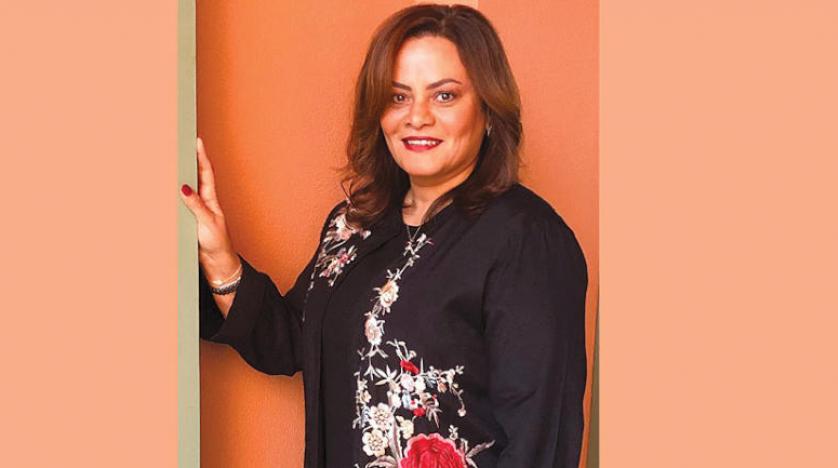
Abu Zekry gained widespread acclaim for her work in Bent Esmaha Zat (A Girl Called Zat, 2013), based on Egyptian author Sonallah Ibrahim’s novel, which traces one woman’s life across decades of political and social change.
The series portrays Zat’s struggle with personal and cultural identity as she navigates shifting norms in dress, language, and lifestyle, while also confronting gender inequality within marriage, family life, and limited professional opportunities.
Her feature film, Yom lel Setat (A Day for Women, 2016), also garnered international attention for its nuanced portrayal of women’s issues such as gender segregation, limited freedoms, and social class divides.
The movie specifically highlights the lives of women from different social and generational backgrounds who come together around a public swimming pool that opens one day a week exclusively for women.
Sandra Nashaat
Another prominent voice in Egyptian cinema is Sandra Nashaat, recognized as one of Egypt’s most commercially successful filmmakers.
She has made a significant impact with her box-office hits, including Haramiyya fi KG2 (Thieves in KG2, 2001), Haramiyya fi Thailand (Thieves in Thailand, 2003), Al Rahina, (The Hostage, 2006) and El Maslaha (The Deal, 2012).
Nashaat possesses a unique talent for blending action, drama, and humor in ways that resonate deeply with mainstream audiences.

Her breakout film, El Hassa El Sabaa (The Seventh Sense, 2005), showcased her ability to tell engaging stories with a mix of romance and light comedy. Subsequent films like El Rahina (The Hostage, 2006) solidified her reputation as a leading figure in the commercial cinema sector.
Ayten Amin
Ayten Amin is another creative mind in Egyptian cinema, known for her international acclaim and festival success.
Amin’s debut feature, Villa 69 (2013), garnered acclaim for its intimate and human portrayal of illness, family dynamics, and reconciliation, all presented in a subtle, realistic style.
Critics praised the film’s strong performances, particularly Khaled Abol Naga’s portrayal of a terminally ill architect, and how it skillfully balanced themes of mortality with warmth and humor.
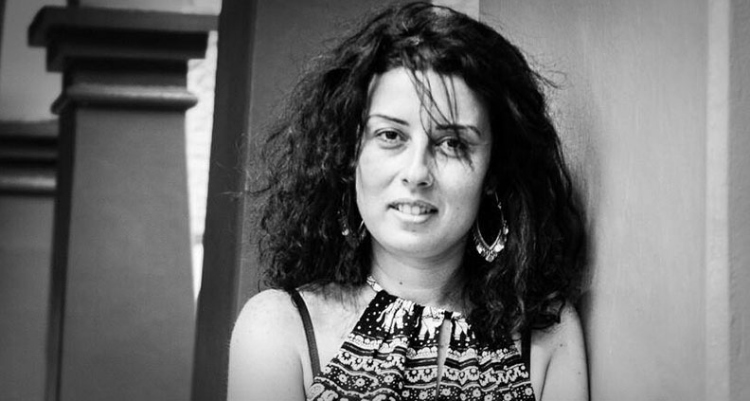
Amin’s later film, Souad (2020), was selected for prestigious international film festivals like Cannes and Berlinale.
Set in a provincial Egyptian town (Zagazig), the film follows two teenage sisters navigating the tension between their conservative environment and the perceived freedom of social media.
It examines how young women create online identities that starkly contrast with their offline realities, prompting questions about identity, secrecy, and the pressures of reputation.
Hala Khalil
Known for her intimate, realistic storytelling, especially exploring the lives and inner worlds of young Egyptians, women, and characters from smaller towns, Hala Khalil has distinguished herself through award-winning films that center women’s voices in their search for social justice.
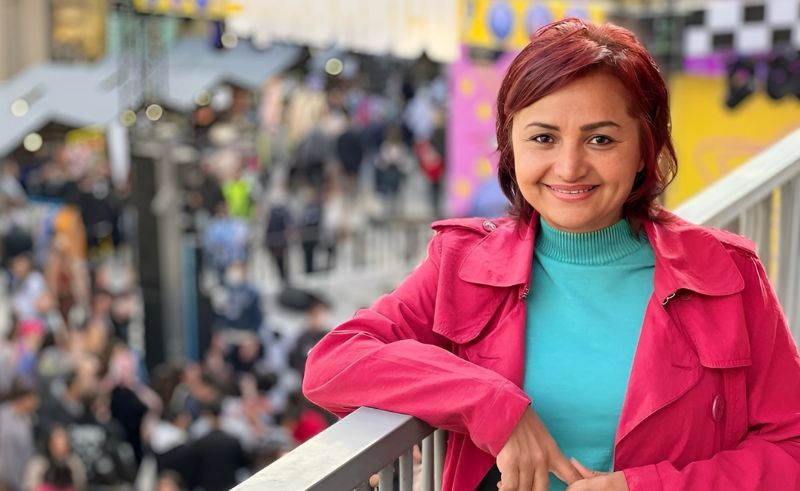
Her 2015 film Nawara, starring Egyptian actress Menna Shalaby, won multiple awards for its poignant depiction of a domestic worker employed in the villa of a wealthy family connected to government elites, all while Egypt is experiencing the political and economic upheaval of the 2011 Arab Spring.
Khalil’s films stand out for their commitment to telling stories of ordinary women navigating social injustice, class struggles, making her a vital figure in the representation of women’s experiences in Egyptian film often overlooked in mainstream cinema.
Sarah Gohar
Continuing this legacy of powerful storytelling, rising filmmaker Sarah Gohar is gaining international recognition with her debut feature, Happy Birthday (2025).
This film has already garnered several major awards at the Tribeca Film Festival, including Best International Narrative Feature and Best Screenplay.
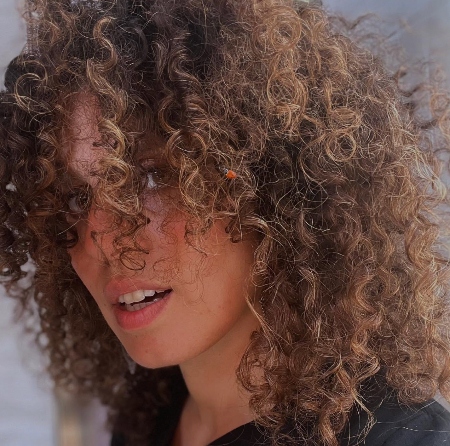
These filmmakers’ dedication to addressing social issues and creating interesting narratives has earned them recognition both nationally and internationally. As they gain further acclaim, these women are playing a crucial role in transforming the industry, making sure that a variety of perspectives are represented on screen.
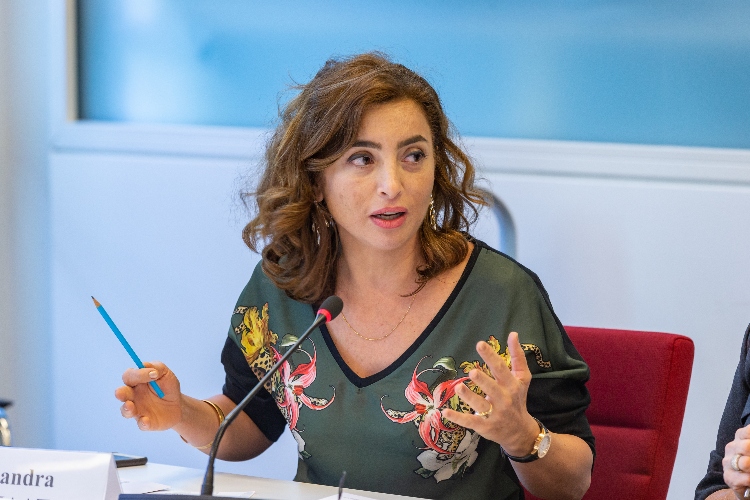



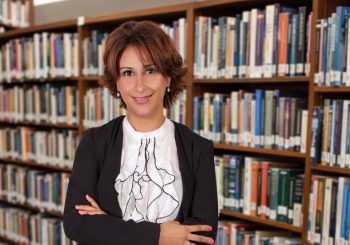

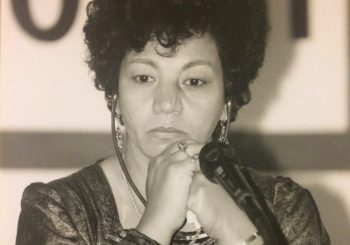
Comments (0)